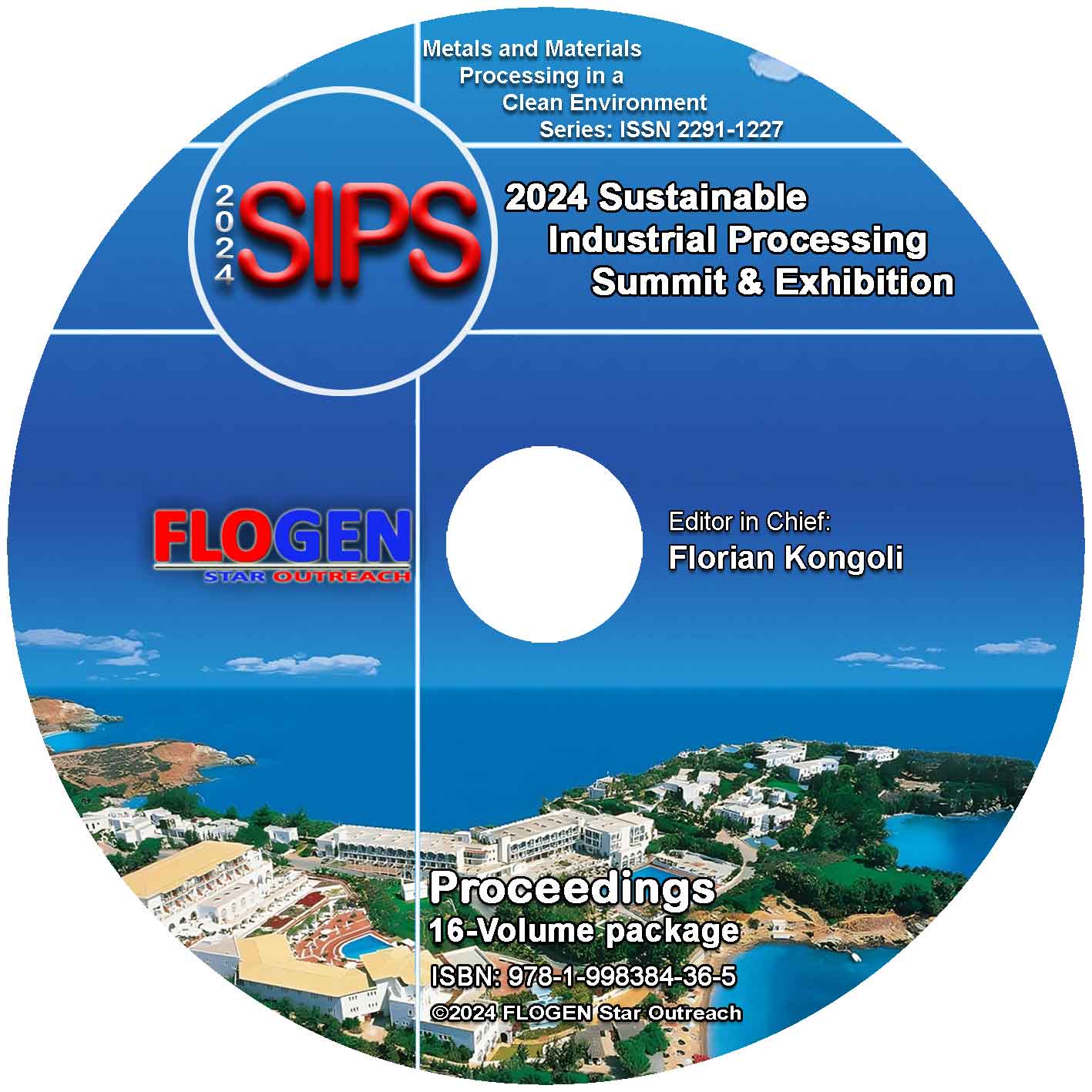2024 - Sustainable Industrial Processing Summit
SIPS 2024 Volume 14. Intl. Symp on Advanced Materials, Manufacturing, Magnesium and Aluminum
| Editors: | F. Kongoli, F. Marquis, N. Chikhradze, T. Prikhna, E. Suhir, Y. Yang |
| Publisher: | Flogen Star OUTREACH |
| Publication Year: | 2024 |
| Pages: | 258 pages |
| ISBN: | 978-1-998384-30-3 (CD) |
| ISSN: | 2291-1227 (Metals and Materials Processing in a Clean Environment Series) |

CD shopping page
EXPANDING AND IMPROVING OF ECO-FRIENDLY PUBLIC TRANSPORT SYSTEMS TOWARD SUSTAINABLE CITIES
Arlinda Rrecaj1;1UNIVERSITY OF PRISTINA, Pristina, Kosovo;
Type of Paper: Regular
Id Paper: 308
Topic: 43
Abstract:
Urban public transport is a vital part of urban mobility, especially in cities with a significant young population.
The appropriate public transport services should be seen from the aspect of fulfilling the passenger demands opposite the general cost, negative impacts on the transportation community as well as the externalities. Ecological transport in urban planning plays a decisive role towards creating spaces for sustainable living. Through Eco transport it is achieved the reduction in greenhouse gas emissions, improving air quality and reducing traffic congestion.
The various current trends or developments are not always the possibility of achieving an ecological transport system for developing countries. Financial constraints can present challenges to the implementation of infrastructure projects. Therefore, in these places, improvement should be seen within the existing space of the infrastructure.
In this paper, the trip frequency of the public transport lines for a case study has been analyzed and improved through linear and non-linear programming optimization methods according to the minimization trip frequency that consequently cause fuel consumption, gas emissions while respecting the passenger demand, passenger service without significant delays, constrained number of bus fleets, and daily fuel budget.